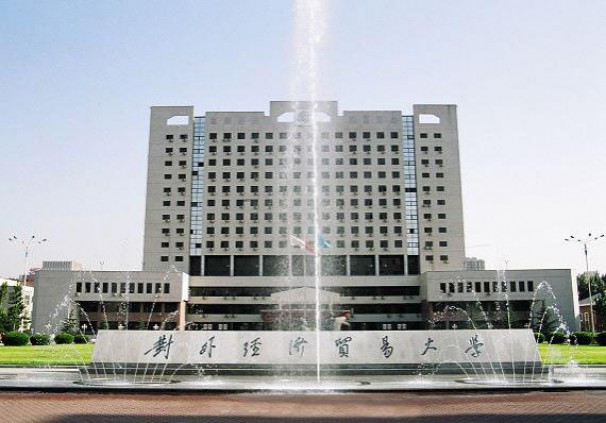Universities increase expansion abroad
October 16, 2013

Since 1990, there has been a 80 percent increase in the number of international branches of American universities, according to University of Albany professor Jason Lane in a Bloomberg News article published earlier this month.
NYU is a growing part of that statistic as it continues to expand through the Global Network University, including NYU Shanghai’s inaugural class this fall.
NYU’s vice president for global programs Nancy Morrison said that NYU has influenced other universities’ developments abroad.
“I do think it’s fair to say that NYU’s global model has certainly garnered a lot of attention from around the world, and we often hear from colleagues at other institutions who are keen to learn more about it,” Morrison said.
Similar to NYU, Duke University is expanding into China with a campus in Kunshan, which will start classes in 2014.
“We want our students to be globally engaged citizens,” said Donna Lisker, associate vice provost for undergraduate education at Duke. “We believe exposure to other countries through global education programs is a crucial part of a well-rounded education and makes for students with strong portfolios to offer to potential employers and graduate programs.”
According to the Bloomberg News article, Stanford University and Columbia University have been reluctant to have campuses in China for fear of a lack of academic freedom.
Yale-NUS, a partnership between Yale University and the National University of Singapore, welcomed its inaugural class this fall, but some faculty expressed concern over media censorship and tolerance of the LGBTQ community, according to the article.
However, Yale-NUS freshman Timothy Lim, who is from Hong Kong and has spent time in the U.S., said he has not experienced any hindrance on his education in Singapore.
“During our module about same-sex marriage, debates and discussions have not been restrained, rather enhanced by an alternative interpretation from the variety of backgrounds of the Singaporean students who aren’t always influenced by the Western media’s interpretation of [homosexuality],” Lim said.
Some NYU faculty have also voiced concerns about academic freedom at some of NYU’s global sites and last April, the Faculty Advisory Committee on NYU’s Global Network was established to address these concerns.
“[Our goal is] to ensure the academic quality and disciplinary integrity of all NYU’s global programs,” said co-chairs of the Advisory Committee, Eliot Borenstein and Una Chaudhuri, said in an interview with WSN for a previous article.
Some schools, such as George Mason University, have had difficulties establishing campuses abroad due to low enrollment. George Mason closed its campus in the United Arab Emirates in 2009, only four years after its establishment.
However, enrollment at NYU’s global programs has steadily risen.
“NYU has more students studying abroad each year than any other school in the country, and currently more than 40 percent of undergraduates now study abroad during their time at NYU,” Morrison said.
The Global Network University is comprised of portal campuses in New York, Shanghai and Abu Dhabi, as well as 11 other study away sites.
“As an institution, NYU has long prided itself for being in and of New York City, and as our world becomes increasingly interconnected, we recognized that we are living in a time that demands that students not only want to be in and of the city, but in and of the world,” Morrison said.
A version of this article appeared in the Wednesday, Oct. 16 print edition. Emily Bell and Nicole Brown are news editors. Additional reporting by Andrew Spohn. Email them at [email protected].
























































































































































